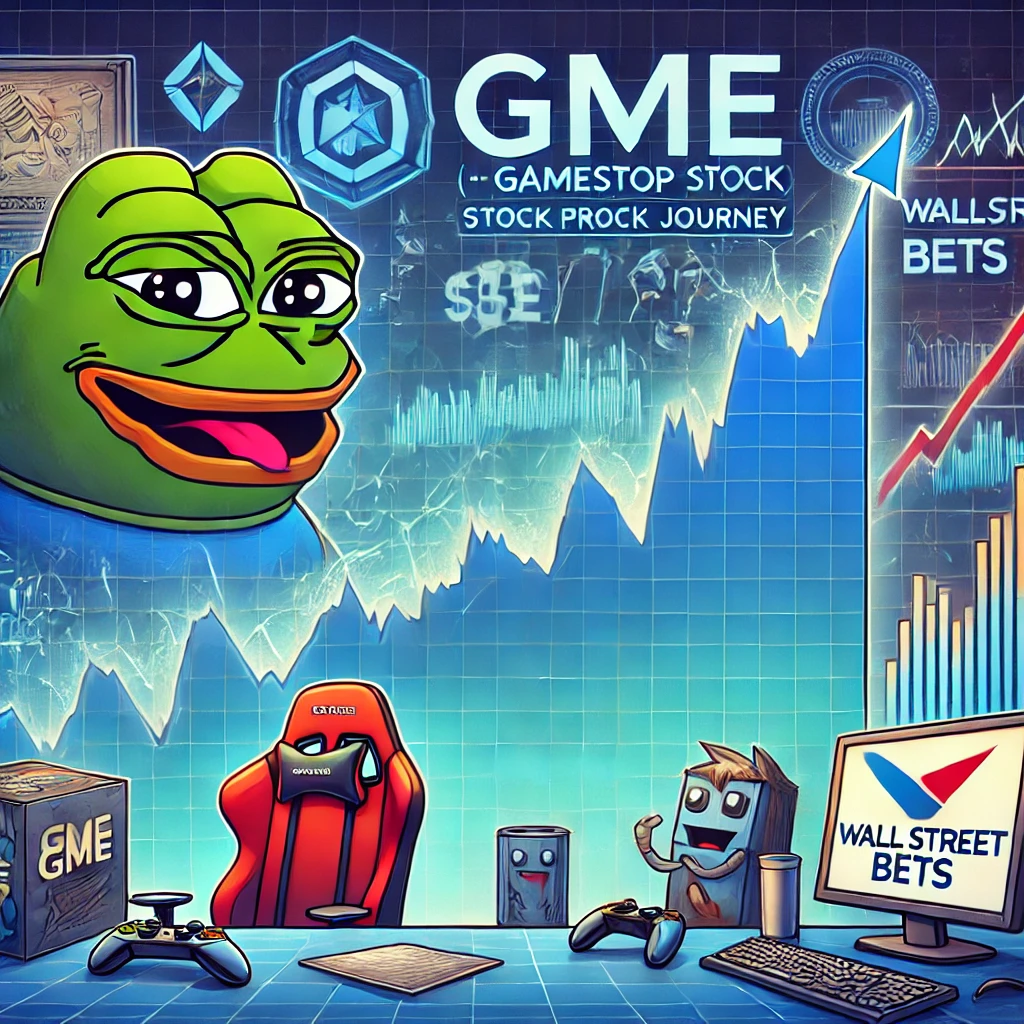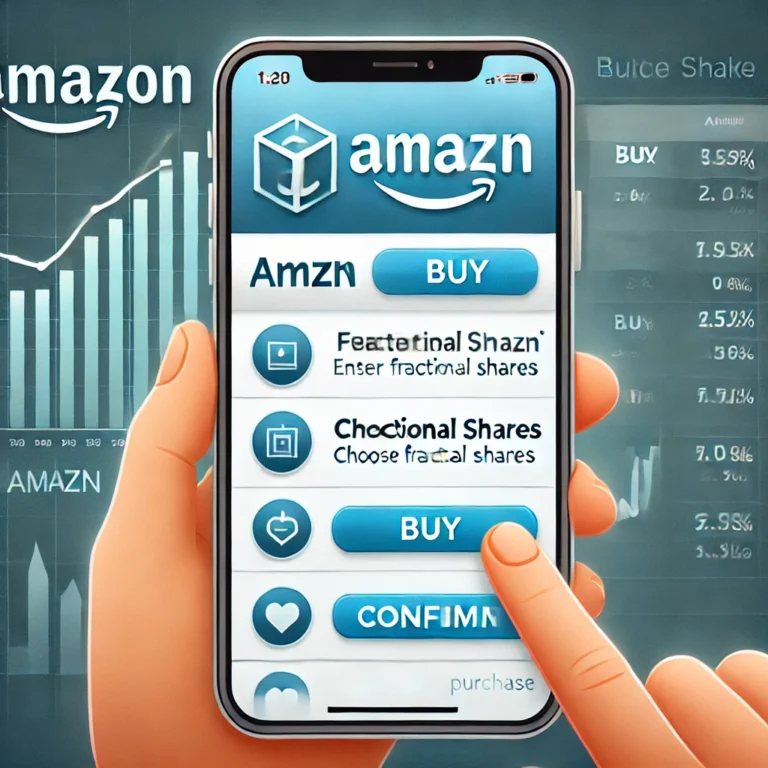The Rise and Evolution of GME Stock
GME stock, the ticker symbol for GameStop, is one of the most talked-about equities in recent financial history. Its meteoric rise in early 2021 captured global attention, reshaping the landscape of retail investing and sparking debates on Wall Street. Beyond the headlines, understanding the dynamics of GME involves examining its history, performance trends, and potential future.
GME Stock: A Brief Historical Overview
GameStop, a traditional brick-and-mortar video game retailer, was founded in 1984. For decades, it served as a go-to destination for gaming enthusiasts. However, with the rise of digital downloads and e-commerce, GameStop struggled to maintain relevance. By 2020, the company faced declining revenues and a bearish outlook.
In 2021, GME stock became a symbol of the “meme ” phenomenon, driven by a passionate Reddit community known as WallStreetBets. Retail investors rallied to counter institutional short-sellers, leading to a short squeeze that saw skyrocket from under $20 to over $400 in mere weeks.
Why GME Stock Remains Relevant
Even after the short squeeze frenzy, GME stock continues to hold relevance in the financial world. Factors contributing to its significance include:
- Investor Sentiment: has garnered a loyal base of retail investors who view the stock as a symbol of empowerment against Wall Street institutions.
- Corporate Transformation: Under the leadership of Ryan Cohen, GameStop has pivoted towards e-commerce and NFTs (non-fungible tokens), aiming to diversify its revenue streams.
- Market Speculation: GME remains a speculative play, with high volatility attracting day traders and long-term believers alike.
Analyzing GME Stock Performance
Recent Trends in GME Stock Price
Over the past two years, GME’s stock price has seen wild fluctuations. While the initial short squeeze pushed its valuation to unprecedented heights, subsequent corrections have brought the stock closer to its fundamental value. As of late 2024, GME trades at a fraction of its peak, but its volatility persists.
Key Metrics to Consider
For investors analyzing stock, the following metrics are critical:
| Metric | Insights |
| P/E Ratio | Remains unconventional due to speculative nature. |
| Short Interest | A high short interest often indicates potential for volatility. |
| Revenue Growth | Shows modest improvements due to digital strategies. |
| Market Sentiment | Heavily influenced by retail and institutional dynamics. |
Is GME Stock a Good Investment?
The Bull Case
- E-commerce Transition: GameStop’s shift towards online retail could position it as a competitor in the gaming industry.
- Retail Investor Support: The “diamond hands” movement continues to fuel demand.
- NFT Integration: Leveraging blockchain technology could open new revenue opportunities.
The Bear Case
- Declining Physical Retail: Traditional gaming stores are losing market relevance.
- High Valuation Risks: GME’s stock price often exceeds its intrinsic value, increasing downside risk.
- Uncertain Future: While digital transformation is promising, execution challenges remain.
Lessons from the GME Phenomenon
The GME saga highlights the power of collective retail investor action. It has forced financial institutions to reconsider their strategies and brought transparency issues to light. Furthermore, it demonstrates how social media can reshape financial markets, often in unpredictable ways.
Future Prospects for GME Stock
The future of GME stock largely depends on GameStop’s ability to innovate and execute its digital transformation strategy. While the hype around meme stocks has waned, GME’s loyal investor base and evolving business model suggest that it may remain a part of market discussions for years to come.
FAQs
What caused the initial surge in GME stock price?
The initial surge was driven by a short squeeze orchestrated by retail investors to counteract institutional short-sellers.
Is GME stock still considered a “meme stock”?
Yes, GME stock is still viewed as a meme due to its association with retail-driven speculative trading.
How does GameStop’s e-commerce pivot affect its stock?
GameStop’s shift to e-commerce could improve its revenue potential, but execution remains key.
What risks should investors consider with GME stock?
Risks include high valuation, market volatility, and the uncertainty surrounding its digital strategy.
Does GME pay dividends?
Currently, GameStop does not pay dividends, focusing on reinvestment into its transformation efforts.
Why is GME stock so volatile?
Its volatility stems from speculative trading, high retail interest, and significant short positions.
Conclusion
GME stock remains a fascinating case study in modern finance. From its humble beginnings to becoming a meme stock icon, GameStop’s journey reflects broader shifts in market dynamics and investor behavior. While it offers potential for growth, it also carries significant risks, making it a stock that demands thorough research and cautious optimism.






